As more and more of us become increasingly interested in the science of skincare, cleansing is the latest area to get a shake-up and especially the question of a foam cleanser vs a balm.
Chances are, you do it morning and night, and if you’re a skincare pro, you’ll be following the 60-second rule of washing your face for a full minute. There’s nothing more satisfying than creating a nice foam to scrub your face with – it really feels like you’re getting squeaky clean in the suds.
However, we have bad news: a foam cleanser might not be the best choice for your skin.
In fact, there’s a growing trend for balms which are particularly beneficial in cold, drying weather. And while you might not need to do away with the fun foam altogether, this is why you should be thinking about using a balm instead…
What’s the difference between a foam cleanser and a non-foam cleanser?
The clue is really in the name. A foaming cleanser is one you rub between your hands to create a foam, something the non-foaming version can’t do. The latter category includes jellies and balms.
“Cleansing balms have a mess-free texture and can be much more convenient when applying, they are solid at room temperature but become softer when massaged into the skin and should be removed using a warm facecloth,” says Dr Preema Vig, medical director of the Dr Preema London Clinic.
Cleansing foams “normally have a lighter consistency”, she says, while balms “are a thicker, buttery consistency”.
Are non-foaming cleansers better?
“I believe that a cleansing balm is more effective than a foam at cleaning skin and removing make up,” says Anton Alexandroff, consultant dermatologist at BMI The Manor Hospital in Bedford. “A balm is more moisturising and is suitable for all skin types, especially dry skin. I would advise people with dry skin to avoid foam, because of its tendency to dry the skin further.”
Dr Amber Woodcock, medical director at Cosmetics Doctor in Norwich, agrees with Alexandroff’s sentiment, saying: “Typically, a balm will feel more hydrating and helps those with normal or dry skin.” She also particularly recommends those who wear a lot of make-up give balms a go, as it’s a gentle way to melt all traces off your skin.
Are foams all bad?
Don’t worry – this doesn’t necessarily mean you have to cut foaming cleansers out of your life completely. Historically, foaming cleansers contained ingredients like sodium lauryl sulphate (SLS) which Woodcock says “can be drying or irritating to some skin types, and therefore people with sensitive skin tended to avoid foaming cleansers”.
However, now you can find products without SLS. “Check instead that the label mentions ‘hydrating ingredients’ rather than SLS,” she adds. “Those with acne, congestion or oiliness may prefer a foaming cleanser.”
Woodcock also advises those with acne-prone skin should “be careful that the oils in the balm are not pore blocking”.
At the end of the day, Abi Cleeve, founder of skinSense By Abi Cleeve, says: “It’s important to consider that simplifying product choices into ‘good’ or ‘bad’ can lead us to limit options unnecessarily.”
Should you switch up your routine depending on the time of day?
If you’re going to focus on one time of day to cleanse, Cleeve suggests the evening, because there’s “more work to do to ensure the skin’s surface is clear of SPF (which should be used daily, year-round), make-up and environmental and atmospheric aggressors, particularly for city dwellers”. The evening skin cleanse prepares for the best possible absorption of overnight skincare products, where the skin is at its optimum to receive and have them work most effectively, she says.
For an evening wash, Cleeve notes: “A balm can be massaged for a longer, deeper, more relaxing cleansing ritual, particularly when taken off with a hot cloth, for added gentle exfoliation.”
She also says the morning cleanse can be optional, depending on skin type: “A splash of water for those keeping things minimal, or a small amount of cleanser for those who may have used a few steps in their product choices the night before.”
What balms should you try?
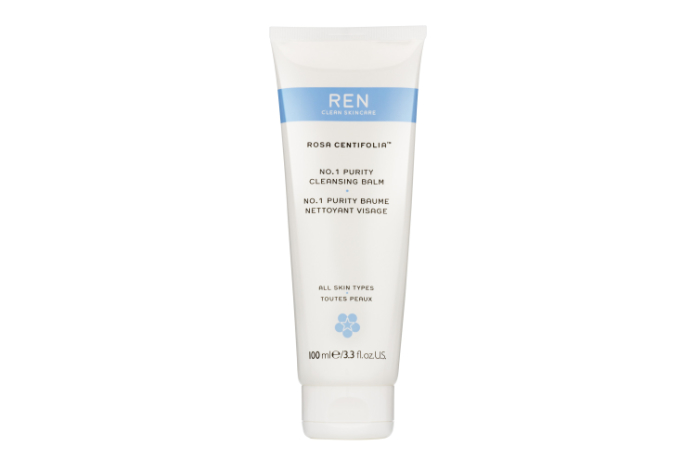
REN Rosa Centifolia No.1 Purity Cleansing Balm, Amazon
Darphin Aromatic Cleansing Balm, Amazon
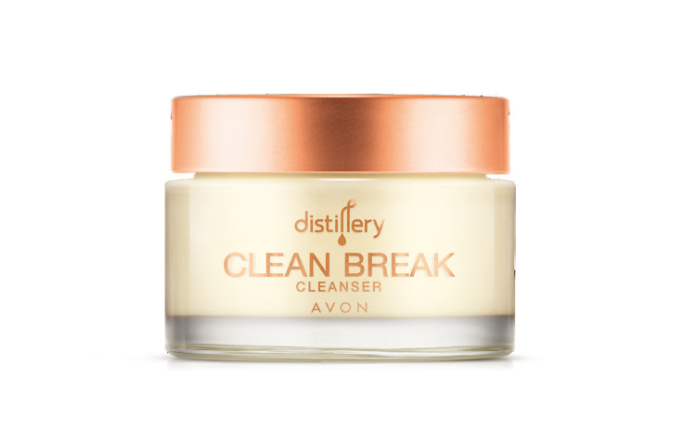
Avon Distillery Clean Break Cleanser, Amazon
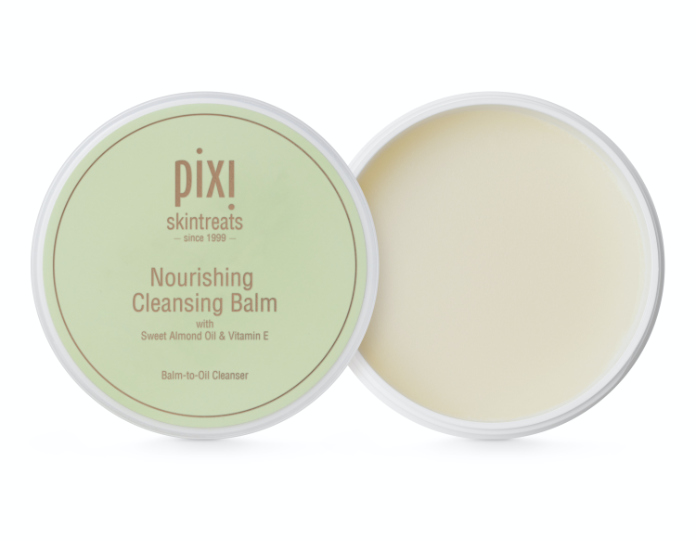
Pixi Nourishing Cleansing Balm, £18
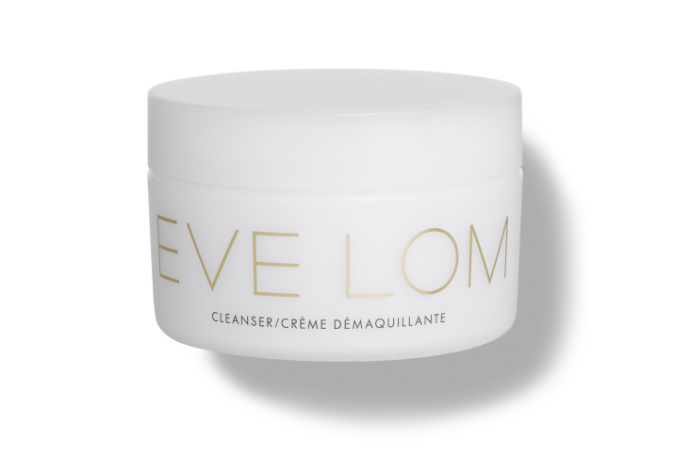
EVE LOM Cleanser, Amazon
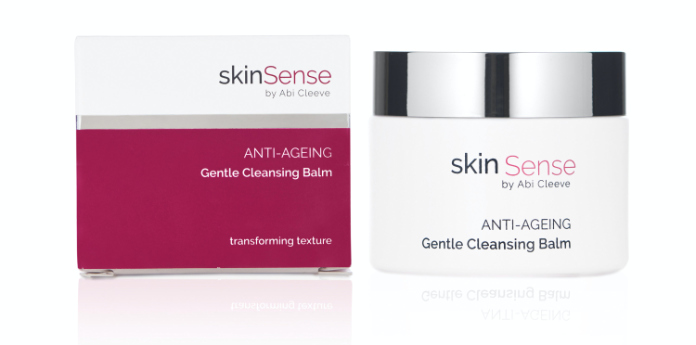
skinSense Gentle Cleansing Balm, £28
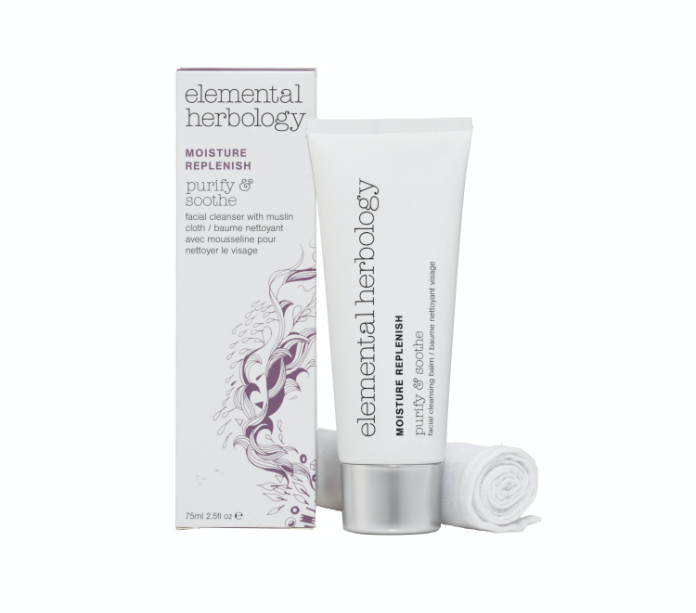
Elemental Herbology Purify & Soothe Facial Cleansing Balm with Muslin Cloth, £30
This article may include affiliate links to products and services where we may receive a small fee to support the running of this site if you make a purchase or is a sponsored article from one of our select editorial partners providing valuable advice and information to our readers.
































































